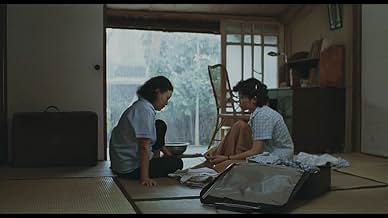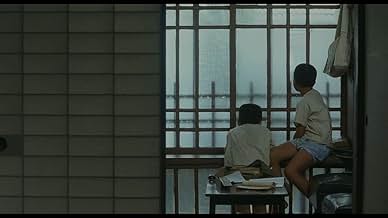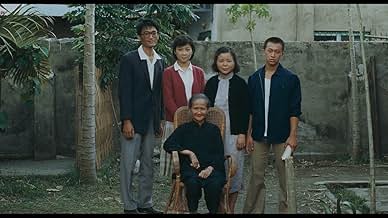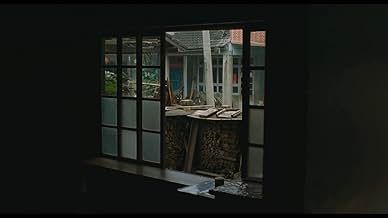"A Time to Live and a Time to Die" reads like a family saga, but it is just as much a film about the passing of traditional China and the dislocation of exile. Of course the plot points are given away; Hou isn't interested in dramatic tension and Aristotelian unities--these are so dependent on Western ideas of
personality and the separation of individual and world that they make little
sense in China. He doesn't push the events in our faces, either--they just
happen, often in the middle distance with a tree in the foreground, the way real life happens. (Remember Auden's "Musee de Beaux Arts", with Icarus plunging
in the sea far off while a ploughman works on his field?)
The space Hou gives his events and his characters doesn't give us the intimacy with people that we expect in the West. But it gives us a rich sense of the
texture of life and the things that pass among members of a family and a
community, even one that is thrown together and can just as suddenly fall
apart, as it begins to here. It's that feeling for social space, in part, that allows this film and others of his to address social and historical questions without ever losing the sharp particularity of a personal story.






















